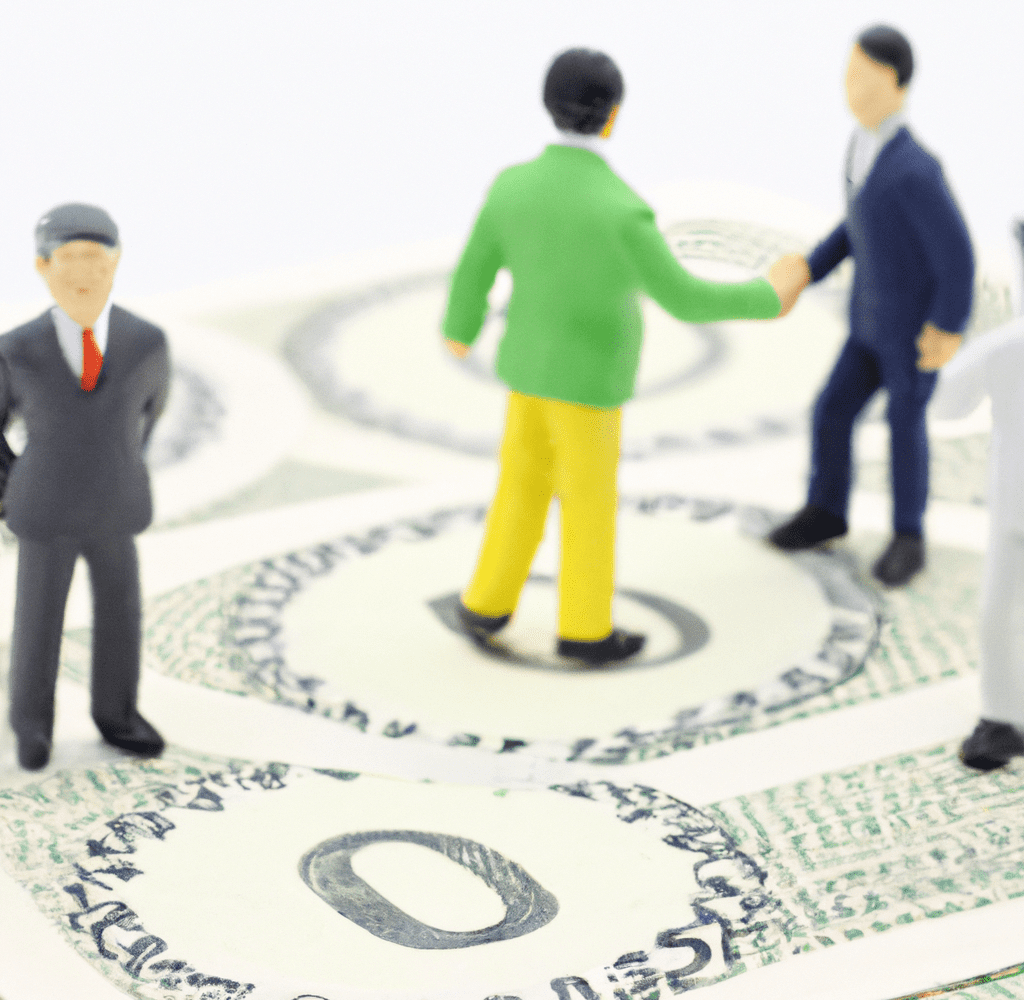A company can buy back its own shares in the open market or through a tender offer. The buyback, also known as a “share repurchase,” is a way for a company to reduce the number of outstanding shares, which can increase the value of the remaining shares for shareholders.
There are several reasons why a company may choose to buy back its own shares. One reason is to increase earnings per share, as the number of outstanding shares decreases. This can make the company more attractive to investors, as it can lead to a higher stock price. Additionally, a buyback can be used as a way to return excess cash to shareholders, rather than leaving it to sit idly in the company’s bank account.
Another reason a company may choose to buy back its own shares is to prevent a hostile takeover. When a company buys back its own shares, it reduces the number of shares available to potential acquirers, making it more difficult and expensive for them to acquire a controlling interest in the company.
Companies can buy back shares through open market repurchases, where they buy shares on the open market at prevailing market prices, or through a tender offer, where they offer to buy a certain number of shares at a premium to the current market price.
However, there are some drawbacks to share buybacks. When a company buys back its own shares, it is essentially taking money that could have been used for reinvestment in the business or for paying dividends and using it to buy its own stock. Additionally, if a company is overpaying for its own shares, it can be detrimental to the company’s financial health.
It’s important to note that a company buyback of shares does not automatically mean that shareholders will be able to sell their shares at a higher price. The buyback may increase the value of remaining shares, but it depends on the company’s performance, and the broader market conditions.
In summary, a company can buy back its own shares through open market repurchases or tender offers. This can increase earnings per share, return excess cash to shareholders, and prevent hostile takeovers. However, it can also mean that money is not being used for reinvestment or dividends, and if a company is overpaying for its shares, it can be detrimental to its financial health. As an investor, it’s important to keep in mind that a company’s buyback of shares does not automatically mean that shareholders will be able to sell their shares at a higher price.

